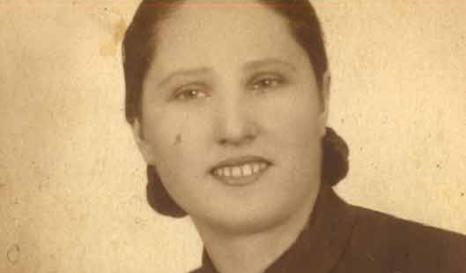


Inedéditions.
Sound Archives, European Memories of the Gulag
Back
Description:
- Title: His mother’s deportation and the camp
- Author(s): Inconnu
- Date: Inconnue
- Collection:
- Source: Sound Archives - European Memories of the Gulag
- Collection conditions: Source: Interview conducted in Slovakia by L. Valcheva, 09/01/2012.
- Licence: Licence CC BY-NC-ND.
- Localisation: Inconnue

